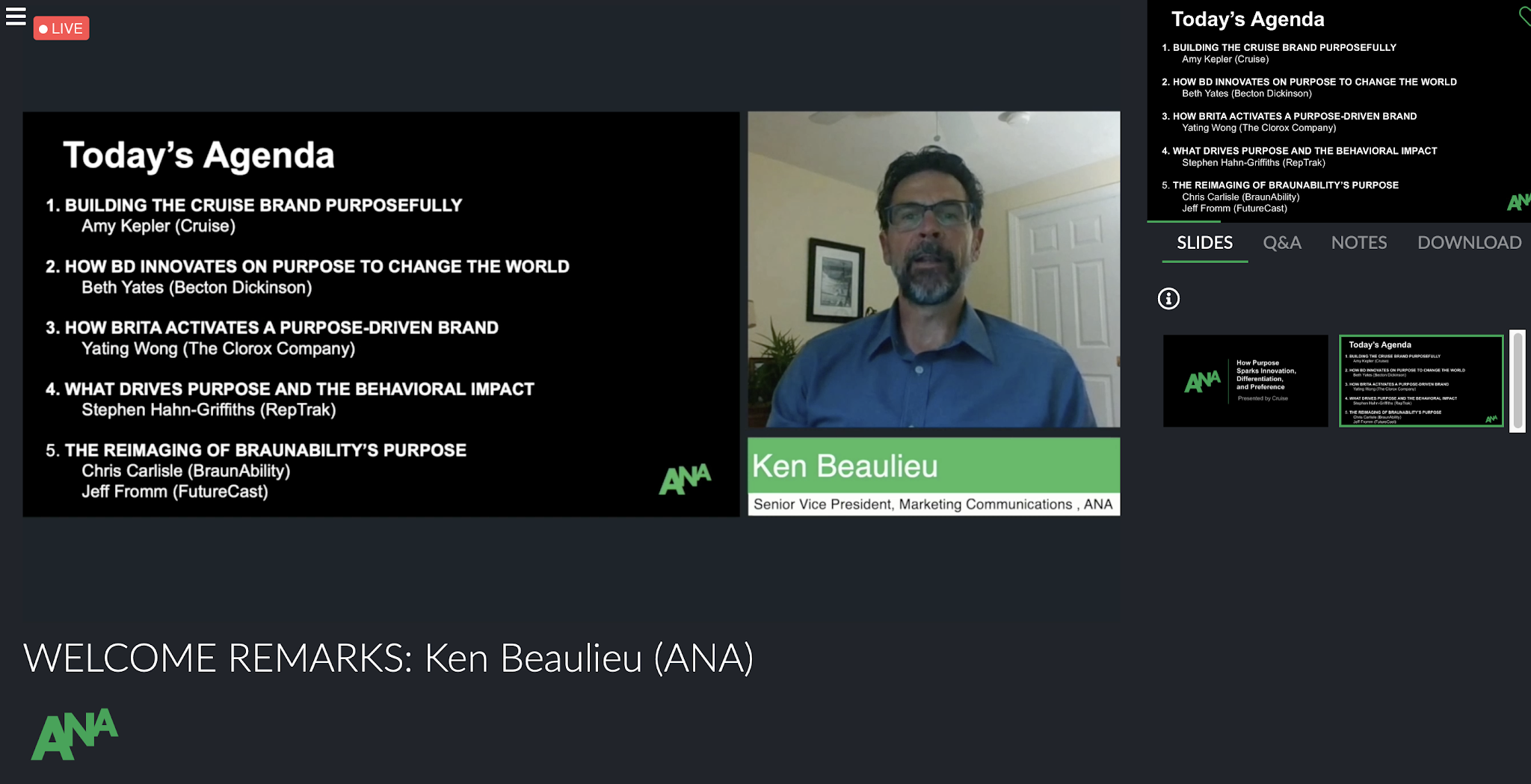Is winter coming for Google - in the form of Facebook?
This is a conference held by 451, an agency that is specialized on providing strategic creative, digital marketing and public relations campaigns. The presenter is Francis Skipper, who has over 15 years of experience in global digital marketing including search engine marketing, social media and digital advertising.
At Agency 451, Skipper has built an industry leading digital team, developing award-winning global digital marketing campaigns for clients including AstraZeneca, Bob’s Discount Furniture and Ericsson. Francis is a renowned thought leader in the digital space; speaking regularly at industry conferences and events, as well as contributing to industry publications.
Astonishingly, according to Forbes, the digital media giants, Google and Facebook, account for 65% of total social network ad spend - expected to reach $36 billion this year. And from 2015 to 2016, Facebook saw a 61% increase in ad spend. On the other hand, Google only saw a 20% increase in ad spend year over year.
This leads to an interesting question:
Nowadays Facebook and other social media are getting more and more screen time than Google, will social networks be the ultimate winners in the ad game? As a marketer, if you have to choose only one advertising channel over the other, which one should you choose?
To think tackle around this issue, let’s think about a common experience that we all have –
we browsed some items on Amazon, and as soon as we opened our Facebook page, an advertising banner of the item we just searched popped up to us immediately.
“Welcome to the era of ‘anticipation’! ”
According to Francis, the trend of consumer’s behavior is shifting from search to discovery, and then to anticipation.
In the past, Internet worked mainly as a tool for people to search for specific information they needed. At that time, SEM is the main way to reach the consumers. Later, as Internet became more developed, people went online with open minded, trying to discover more than they expected. Gradually, marketers tried to reach consumers through more and more ways – banners, commercials, content marketing, etc. Among tons of explosive information, consumers was looking for useful discovery. Nowadays, thanks to social media and mobile device, marketers can target their consumer segments in an accurate way, with all kinds of information including their demography(who), location(where), time(when), frequency, and From then on, consumers don’t see random advertising anymore. Instead, they are getting advertising that’s selected right from them, closely-related to them, and in a way that use the most effective message toward them. As a consequence, Wherever and whenever consumers go, they will see more and more contents that are relevant to them. Gradually, consumers will get use to it, and anticipate what will come next for them. But in my opinion, consumers’ behavior is not just anticipation. It’s a mixture of all of the above, and also include exploration.
“it’s even more difficult for marketers to make a right decision.”
Now, It’s already an era where media options are more, target segments are more dispersed, and consumer journeys are not linear anymore. So for marketers, it’s even more difficult than ever to make a decision of how to spend the right amount of budget on the right media toward a right target segment, and finally increase sales and/or market share.
As a consequence, it is even more important to figure out consumer’s psychological behavioral patterns, as well as understand the consumer journey.
“Data, data, data!”
To make sure the best strategy to increase sales, we must look at data first. With the best information we can get at hand, we need to look at how the marketing decision influence the sales. In other words, decision-making is a continuous process between evaluation and adjustment. Of course, only when the correct measurement is set can we allocate media budget strategically. However, it is even more difficult for smaller companies to evaluate the correlation, since they usually have less budget and smaller market share. For these companies, understanding their consumers is even more important.
The final take away: so far, Google’s advertising and Social media’s advertisings sometimes answer to different stages of consumer journey. However, as people spend more and more time on mobile platforms, consumers’ behaviors is also shifting all the time. Hence, I think now the question should not be “Is winter coming for Google - in the form of Facebook?” anymore. Instead, the question should be: what is the world shifting to? And how can tech giants create/respond to the next digital era?




